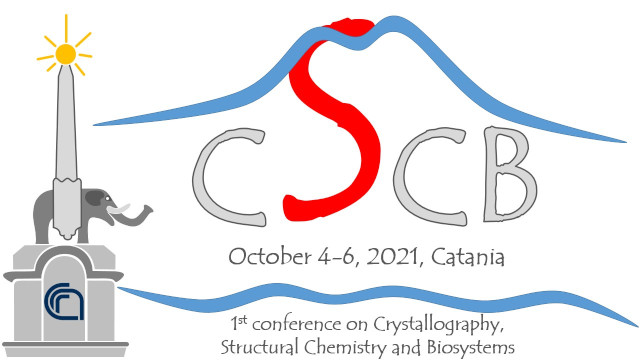Speaker
Description
The neurotrophins (NTs) are a structurally and functionally related family of growth factors that regulate cell survival, differentiation, neurite outgrowth and regeneration, and synaptic plasticity in both the central and the peripheral nervous system. NTs include nerve growth factor (NGF), brain-derived neurotrophic factor (BDNF), neurotrophin-3 (NT-3), neurotrophin-4/5, -6, -7 [1]. A few small molecules have been designed and synthesized to achieve the functional and structural mimicry of NTs [2; 3; 4]. Cyclic peptides have gained increasing attention in recent years as an alternative scaffold. The structural constraints provided by cyclization not only helps to resist to a degradation by proteases but also facilitates passage through the cell membrane, thus broadening the potential use of cyclic peptides beyond extracellular targets to include intracellular targets [5].
In this work we characterized cyclic peptide of N-terminal domain of NGF. The biological properties of this peptide were tested on the PC12 cell line. Our results demonstrate that peptides activate phosphorylation of TrkA, VEGFR1 and VEGFR2 receptors, induce the phosphorylation of CREB, cells differentiation and BDNF, VEGF protein release. It is well known that metal ions may affect the neurotrophin activity and that the alteration of copper homeostasis is a prominent factor in the development of neurological pathologies. Incubation of cells with peptide and copper chelator BCS leads to markedly decrease the effect of peptide. This indicates that the activation of BDNF and VEGF protein release by the peptide is not strictly related to Trks recognition but also includes pathways that are some how linked to copper.

